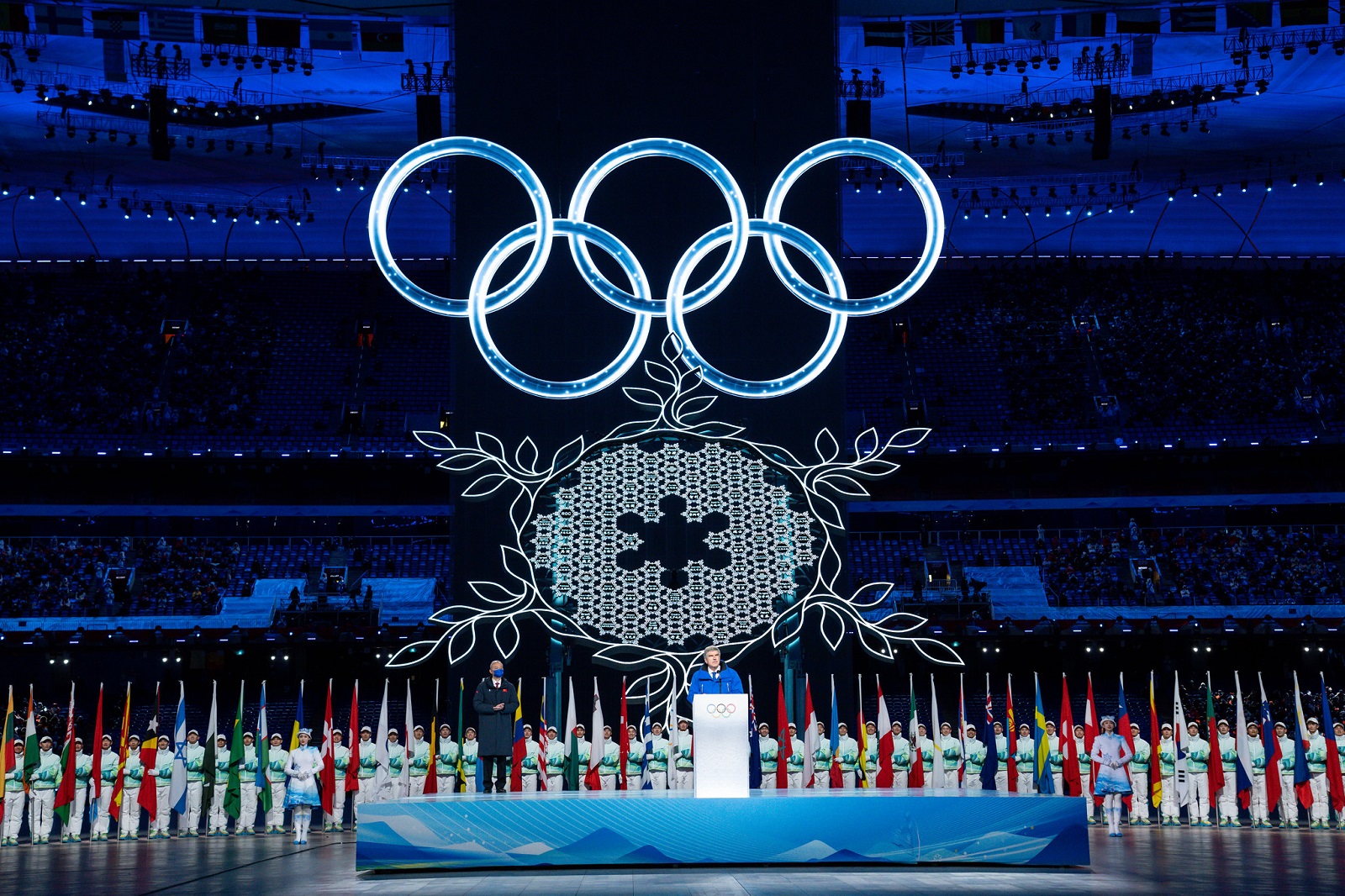The biggest talking points on the 2022 Winter Olympics + more interstellar zebala?

The 2022 Winter Olympics has wrapped: The final events at the 2022 Winter Olympics took place earlier today and the closing ceremony is close to finishing. From a lead-up that was overshadowed by a diplomatic boycott and the ever-present threat of covid, China’s turn at hosting the games may go down as one of the most notable in recent memory. Here are three talking points now the games is over:
#1- The formula remained more or less the same: More snow = more medals. At the end of the games, the top of the medals table looks more or less the same as it did at the end of the 2018 games. Four of the five countries with the biggest medal hauls — together sweeping up almost half of the medals up for grabs — did similarly well last time around, and (shocker) are countries with plentiful supplies of snow. Norway came out on top, snagging 16 golds and 37 in total. Which country came in second depends on how you’re measuring success: Germany got the second-largest number of gold medals and 27 in total, while Russia ROC got the second-biggest medal haul with 32. Rounding out the top five were Canada and the US.
But countries that aren’t exactly renowned for their wintery environs still made it onto the table. Australia clocked four medals, Spain got a silver, and the Netherlands managed an impressive 17 medals, including eight golds.
#2- China’s Olympic Bubble strategy remained impressively airtight: Ahead of the games, much was made of how China’s zero-covid strategy would hold up as athletes from around the world descended on the country. But the country’s containment efforts have worked impressively well, with reported cases inside the bubble falling to single digits during the final days of the event, according to Bloomberg. Over the past month, a total of 435 cases were reported among athletes, coaches and stakeholders, a remarkably low figure held down by constant testing, mandatory mask-wearing, and the banning of foreign spectators from the events.
#3- It was the most politically-contentious games in recent memory: Foregrounded by deteriorating China-West relations and an ultimately symbolic diplomatic boycott by several nations, the 2022 Winter Olympics will go down as perhaps the most politically-fractious games this side of the Cold War. With Beijing’s actions in Xinjiang one of the focal points of criticism, China got the games off to a controversial start by selecting Uyghur cross country skier Dinigeer Yilamujiang as the final torchbearer, prompting accusations from Washington that the country was attempting to whitewash its actions against the Muslim ethnic minority group. Coverage of the games in the Western press was overwhelmingly negative, whether focusing on the country’s human rights record, the use of fake snow or athletes’ complaints about the food.
A rocket set to crash on the moon highlights the need to better control our interstellar zebala: Last month articles in the US press reported that an out-of-control SpaceX rocket was on course to crash into the moon at the beginning of March. Based on the findings of astronomer and space junk-tracker Bill Gray, it was said that the four-ton booster rocket would strike at speeds of 5.7k miles per hour, carving out a 65-foot crater on the dark side of the moon. But, in a fortunate turn of events for Elon Musk’s overworked publicist, new information that came to light last week suggested that the rocket is not actually owned by SpaceX but is a part of China’s Chang’e 5-T1 rocket.
The mistake highlights a significant problem: we aren’t tracking all the debris we’re firing into space. While US agencies do track objects that could hit Earth’s surface, the whereabouts of space junk seems to be largely ignored, astronomers tell Vox Recode. NASA only bothers to monitor debris that could potentially threaten its assets while the newly-created Space Force hasn’t been clear about how it tracks objects close to the moon. It is also rather difficult to accurately gauge how objects are moving through space, with many variables at play that can change their trajectories.
This time the situation isn’t hazardous, but…: With more and more countries and companies laying out plans to launch satellites into space, these accidents could start being more dangerous. One solution posed is an “international database of all launches with their trajectories, as well as funding for at least one person to track them,” Jonathan McDowell, an astrophysicist at the Harvard-Smithsonian Center for Astrophysics, told Vox.